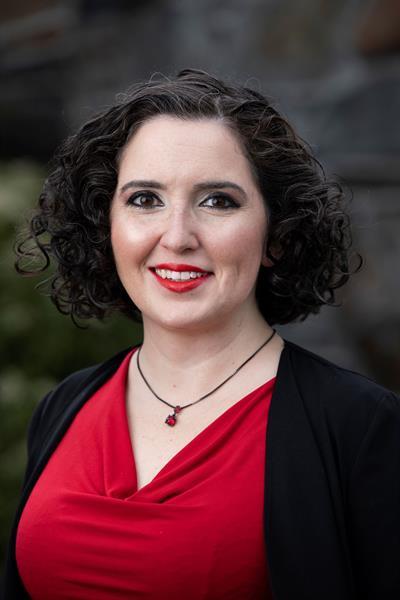
Ayse Asatekin

Research/Areas of Interest
membranes, polymer science, material science, separations, surface chemistry
Education
- Ph.D., Massachusetts Institute of Technology, United States, 2009
- B.S., Middle East Technical University, Ankara, Turkey, 2003
- B.S., Middle East Technical University, Ankara, Turkey, 2002
Biography
Ayse Asatekin joined Tufts in 2012. She received bachelor's degrees in chemical engineering and chemistry from the Middle East Technical University in Ankara, Turkey. She went on to receive her Ph.D. in chemical engineering through the Program in Polymer Science and Technology (PPST) at MIT. She then served as a post-doctoral researcher in Prof. Karen Gleason's group at MIT. She is the co-founder and scientific advisor of Clean Membranes, Inc., a start-up company that commercialized a fouling-resistant membrane technology that she began developing during her doctoral research. More recently, she serves as the Senior Scientific Advisor for ZwitterCo, Inc., a start-up spun out of Tufts to commercialize novel, extremely fouling-resistant zwitterionic membranes developed in her lab.
Ayse Asatekin's research focuses on designing novel membranes for water treatment, removal of multiple types of pollutants, small molecule separations, and energy-efficient smart filtration processes. She is also interested in systems that combine separation with catalysis and bioprocessing, surface modification of microfluidic devices, and self-cleaning materials with controlled wetting. The design of self-assembling polymers to create nanostructure and modulate surface chemistry provides a strong tool for developing materials for these applications. Through interdisciplinary collaborations, she also works on novel polymers for energy storage applications, improved biomaterials and microfluidic devices, and improving water treatment approaches in emergency response and lower and middle income countries.
Ayse Asatekin's research focuses on designing novel membranes for water treatment, removal of multiple types of pollutants, small molecule separations, and energy-efficient smart filtration processes. She is also interested in systems that combine separation with catalysis and bioprocessing, surface modification of microfluidic devices, and self-cleaning materials with controlled wetting. The design of self-assembling polymers to create nanostructure and modulate surface chemistry provides a strong tool for developing materials for these applications. Through interdisciplinary collaborations, she also works on novel polymers for energy storage applications, improved biomaterials and microfluidic devices, and improving water treatment approaches in emergency response and lower and middle income countries.